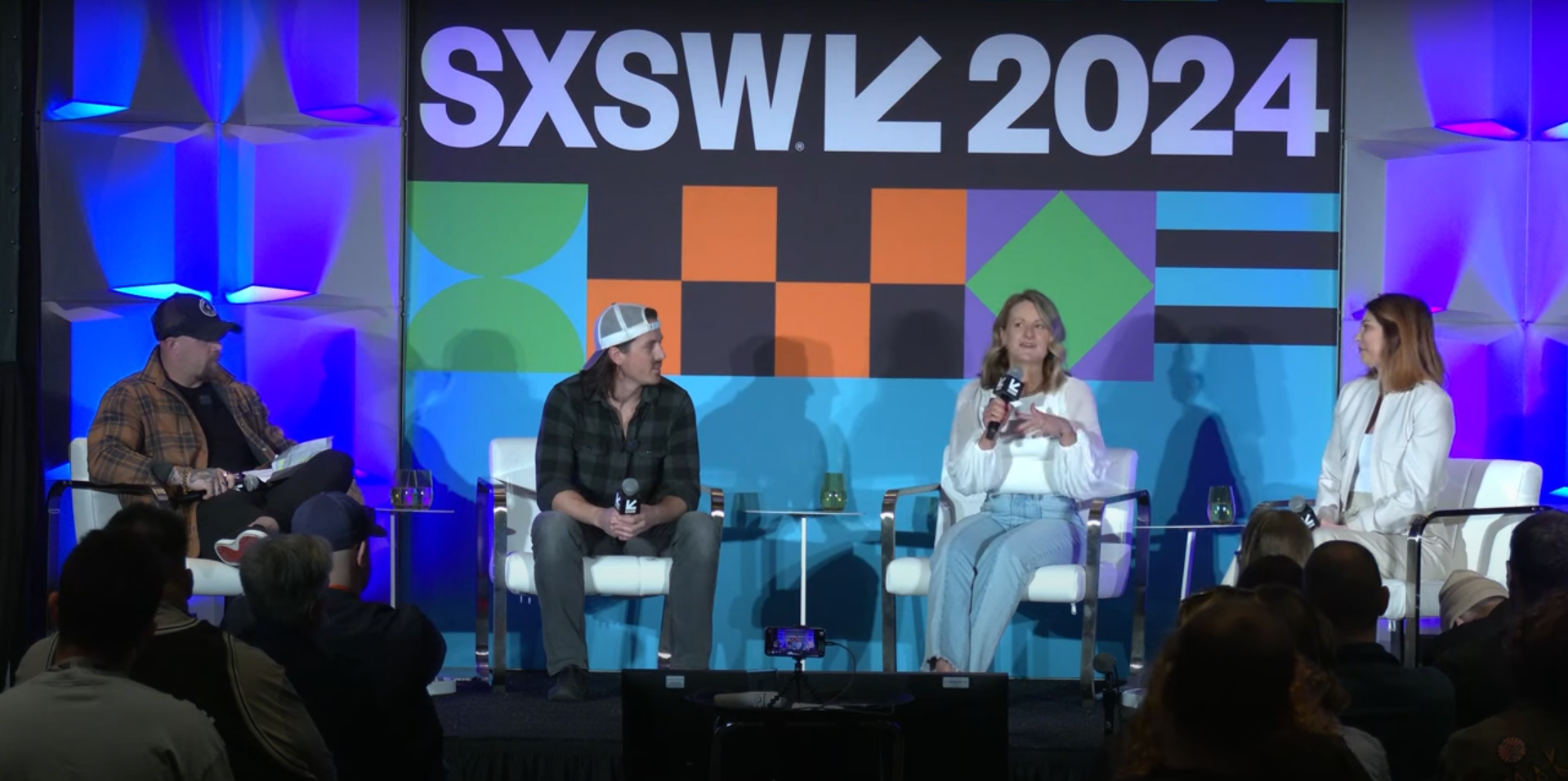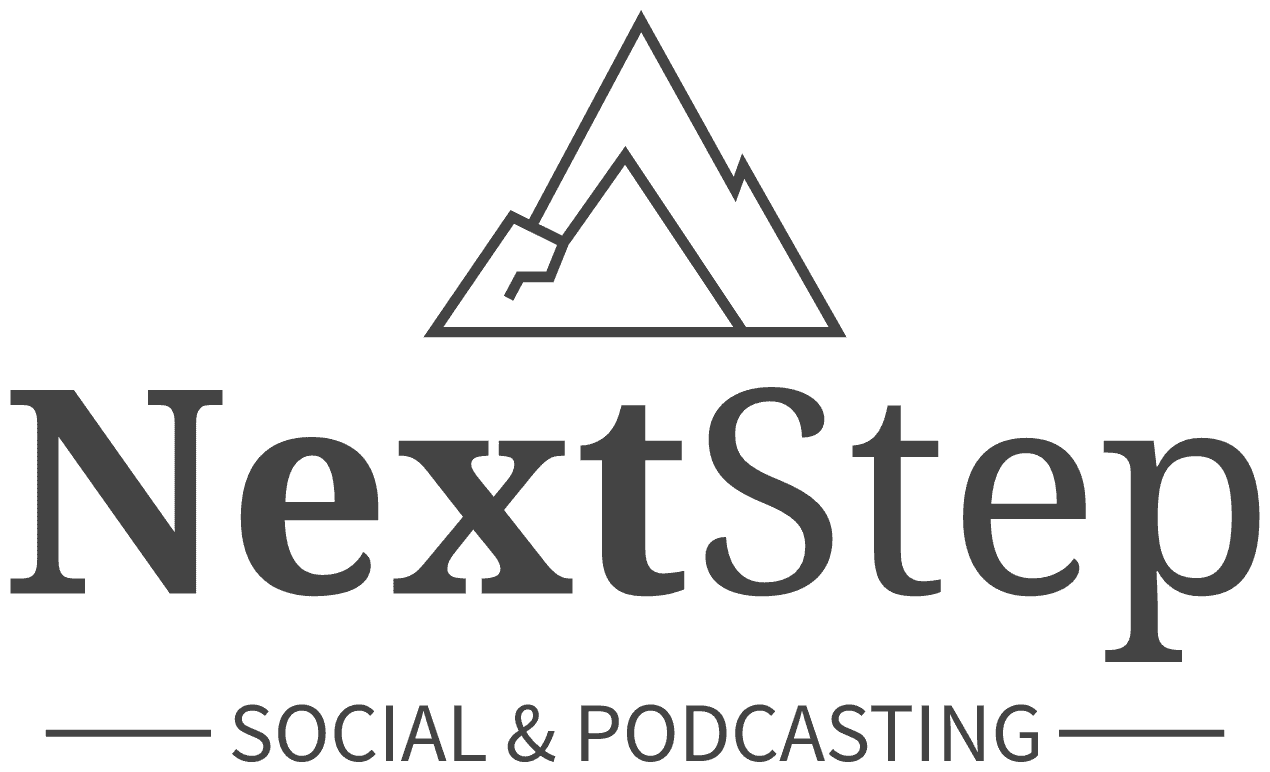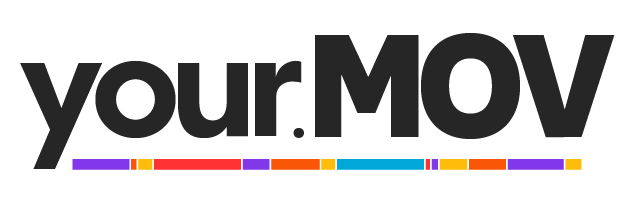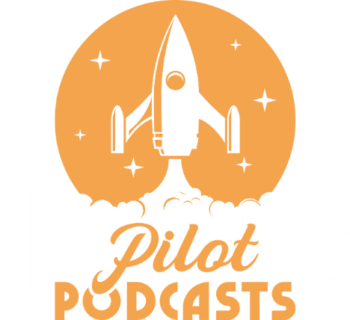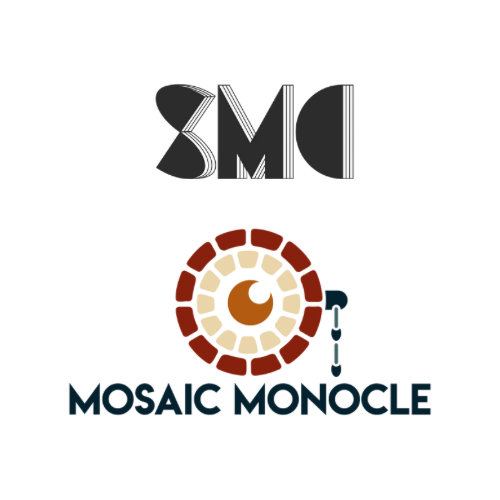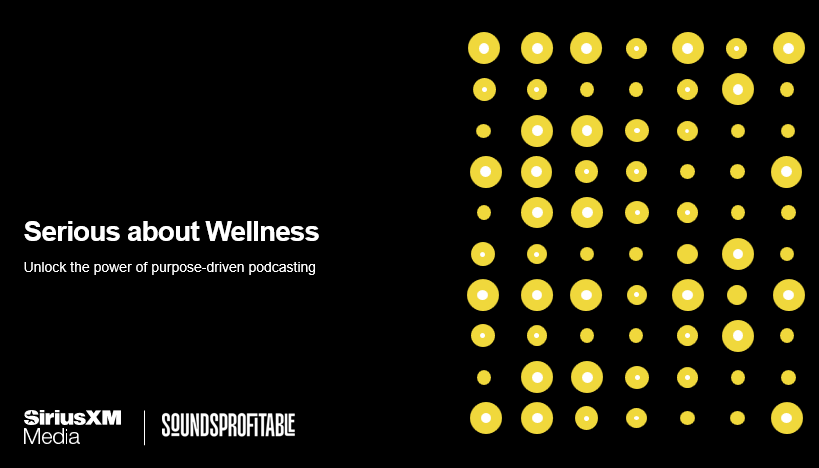Does your company have something coming in the business of podcasting? We want to hear about it! The Sounds Profitable Press Release portal is live and ready for your PR!
Recently, Sounds Profitable hosted the first-ever full day event at SXSW to celebrate and highlight podcasting. One of the coolest things we got to be a part of was a panel featuring some of the biggest names in true crime podcasting. We had the enormous fortune to gather Nick Witters and John Allen from Ballen Studios and the MrBallen Podcast, Brittany Bigelow from audiochuck, and Kylie Low, host of Dark Downeast (also part of audiochuck) to share their hard-earned insights on the creative process, audience development, and the singular challenges of their genre. I was especially eager to hear from John (who was born in Quincy, MA) and Kylie, who lives and reports about the land of my people (Maine), because if there is one thing I know about New England, it’s this: we love us some murder.
Right off the bat, I was struck by the sheer diversity of the panelists’ backgrounds. Brittany, a former dancer, recalled being riveted by Court TV as a kid. “At eight years old, my version of television was Law and Order: SVU,” she quipped. Kylie took a more academic path, studying journalism before succumbing to the “expensive degree hanging on the wall” and launching Dark Downeast. And John? He stumbled into viral fame almost by accident, posting a TikTok about a 1950s Russian hiking mystery while on vacation. “Holy cow. Like I, I did this thing that I got all this attention,” he marveled.
For all the differences in their origin stories, the hosts shared one key commonality: a deep, driving passion for their subject matter. Kylie’s desire to focus on her native New England was so strong, she turned a deaf ear to those who said a regional show would never find an audience. “I believed in the mission of honoring the legacy of the humans at the center of each case and working with family members,” she said simply. “Luckily, there were other people who believed in that definition of success as well.”
That word – “honoring” – came up again and again, hinting at the tightrope true crime podcasters must walk. As John put it, “It’s not lost on myself or anybody else at Ballen Studios that fundamentally in being in the business of true crime…we are profiting off of other people’s tragedies.” The key, the hosts agreed, is approaching each story with empathy and care. For Kylie, that means never forgetting that she’s not “entitled” to a victim’s story. Audiochuck has a dedicated liaison to handle listener tips with sensitivity. And John’s team donates a portion of profits to victims’ families.
Clearly, this kind of work requires a certain fortitude – and a willingness to push through the unavoidable creative blocks. “Monday through Friday, I go into my studio at like, 8:30 in the morning and every day, I think the same thing,” John said with a rueful laugh. “Today is gonna be the day that I have a flawless, easy recording.” More often than not, he admits, those first 20 minutes are just “me screwing up a line and swearing repeatedly as loud as I can.”
Kylie and Brittany were quick to co-sign the mental and emotional toll of the work. Even with the support of a production team, Brittany said, “The hard days are really stinking hard.” Kylie agreed, calling her show a “heavy responsibility.” But both women hastened to add that the payoff – making a real difference in the lives of victims and their families – is more than worth it. Brittany pointed to the resolution of cold cases; Kylie to the recent exoneration of a wrongfully convicted man.
So how do these hosts stay the course? Two themes emerged: consistency and connection. When John and his producer first ventured into podcasting, “we had to Google, like, what is an RSS feed and how do you get one?” he recalled. But they quickly realized that a regular cadence was key. “If you’re just getting into podcasting, you need to understand…it’s a slog upfront,” John said. “It’s like long-form content on repeat probably every week.”
For Kylie, consistency was a major factor in audiochuck founder Ashley Flowers reaching out to bring Dark Downeast into the network fold. “You never miss a Monday,” Flowers told her – high praise indeed in an oversaturated market. But equally important, the panelists agreed, is building a genuine, two-way relationship with your audience. “I think at one point in time, producers underestimated what the listener was willing to do after the episode ended,” Brittany said. Her network has reaped the rewards of making space for “a three-way conversation” with their fervent fanbase.
Kylie echoed the importance of that dialogue, lamenting how audience engagement fell by the wayside when she was a one-woman operation. Now, with audiochuck’s support, “if someone has a case recommendation, it’s landing in the right place.” And for John, whose brand was built on the direct, immediate feedback of social media, podcasting posed a unique challenge. “Frankly, it’s very hard to get that real-time feedback from fans,” he said. “There should be a comment section for podcasting. There should be some level of engagement with the fans, but it doesn’t exist yet.”
Looking ahead, the hosts were unanimous: adaptability is the name of the game. “We’ll be sitting here a year from now being like, whatever I said last year, throw it out the window,” Brittany laughed. But they also agreed that the true crime genre is on the precipice of an empathy-driven sea change. “It’s driven by the surviving family members realizing that they do deserve a voice,” Kylie said. “It’s been the ones with the courage to stand up and make their voice heard.”
As the panel wrapped, my thoughts of murder were replaced by inspiration and motivation to do a better job with my own content. But a few key takeaways stood out:
1. Consistency is king. Commit to a regular cadence and stick to it, come hell or high water. Your audience will thank you.
2. Embrace the grind. Everyone, even the pros, has rough days in the studio. The magic is in pushing through.
3. Treat your listeners like partners. Create opportunities for meaningful, two-way engagement. They’re your best ambassadors and your guiding lights.
4. Do right by your subjects. Empathy isn’t just good ethics; it’s good business. Always err on the side of compassion and care.
5. Stay nimble. The podcast landscape is ever-shifting. Keep an ear to the ground and be ready to pivot.
And perhaps the most reassuring through-line of all: even the titans of true crime are figuring it out as they go. “I don’t even know how I got here!” John exclaimed at one point, to knowing laughter from his fellow panelists.
Ultimately, producing great content is a combination of keeping your head down to do the work, but occasionally lifting it up to see how the space is changing around us – and that’s great advice for any podcaster.
New Partners
Sounds Profitable exists thanks to the continued support of our amazing partners. Monthly consulting, free tickets to our quarterly events, partner-only webinars, and access to our 1,800+ person slack channel are all benefits of partnering Sounds Profitable.
-
UTA is a leading global talent, sports, entertainment, and advisory company.
-
Nothing Much Happens: a soft landing in a difficult world, we create podcasts for sleep, relaxation and mindfulness.
Want to learn more about partnership? Hit reply or send us an email!

